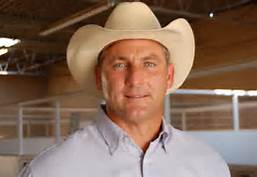 There’s an interesting news story making this rounds about a college football commentator, and former player, named Craig James who was fired from his job after a single day.
There’s an interesting news story making this rounds about a college football commentator, and former player, named Craig James who was fired from his job after a single day.
If you read the headlines, and to a large degree the story itself, without knowing other facts conveniently ignored you will come to the impression that James was fired for some fairly mild anti-homosexual remarks. That’s certainly the exciting lead that I’m seeing plastered all over the media.
It’s not true. Craig James is being fired for something entirely different.
What I find most interesting about this case is that the story, as it is being currently reported, is generating a lot of controversy within the christian community and the homosexual community. Because the focus is on the one remark that James made during a failed political campaign, that gays, “will answer to the lord for their actions,” that is what is causing the uproar. Christians defend him as do those who decry the politically correct world in which one statement haunts you for the rest of your life.
I’m actually on the side of the Christians and anti-politically correct crowd as far as the one statement goes. People are entitled to their opinion as long as it doesn’t affect their work. But, here’s the problem. James wasn’t fired for that remark. He was fired for a series of incident’s that have alienated him from the powerful college football lobby. They don’t like James, and I’m in agreement with them there, and they put down the hammer when it came to giving him both a voice and a lucrative job.
Why don’t they like him? I’m happy to elaborate but the entire story is here.
Craig James has a son named Adam James. Adam James played football at Texas Tech for a coach named Mike Leach. Leach was very successful at Texas Tech which is in the middle of the football-mad state of Texas. Leach took the Red Raiders to ten consecutive Bowl Games.
Adam James did not play much at Texas Tech and his father spent a lot of time bothering Leach about it. Leach is quoted as saying he had more trouble with Craig James than all the other parent’s combined.
Adam James was demoted to third string and then suffered a mild concussion. When James showed up at practice late the day after the concussion he was put in a trainer’s shed for the duration of the practice and the next day put alone into the media room. Adam James complained to his father. Adam James went into a small closet adjacent to the media room and took a video of himself “imprisoned” in the closet. He sent this video to his father.
Craig James went for the lawyers. He wanted an apology. Leach refused. He wouldn’t apologize when, in his mind, he had done nothing wrong.
Craig James had his public relations firm post the contrived electrical room closet video on YouTube.
Texas Tech fired Leach.
Leach sued Texas Tech but eventually lost on the grounds that basically a University can fire a coach for just about anything.
There are a lot of powerful people in Texas who do not like Craig James. They think he, and his son, are responsible for the firing of an extremely successful coach. Texas has a lot of influence in the NCAA and with the networks that cover it.
So, when you read about the supposedly politically correct move of firing James after one day on the job, keep in mind that there is a lot more to the story.
I’m not attacking James here nor defending Leach. I’m trying to make sure people understand the totality of this story. To keep people from reading the headline and coming to an uniformed opinion.
Although, honestly, I think Leach should not have been fired and James and his son are complainers at best and liars who cost a man his job at worst. That’s not cool.
Tom Liberman
Sword and Sorcery fantasy with a Libertarian Ideology
Current Release: The Sword of Water ($2.99 and all awesome!)
Upcoming Release: The Spear of the Hunt
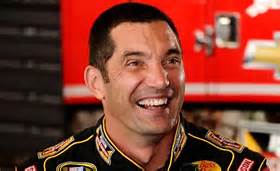
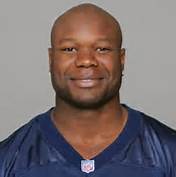
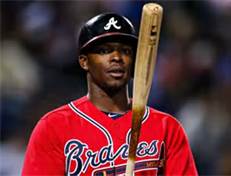
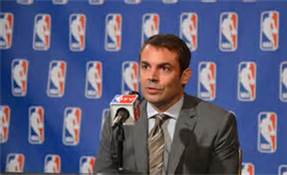
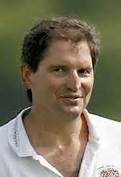
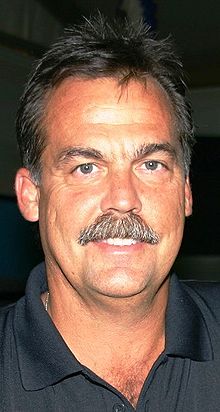

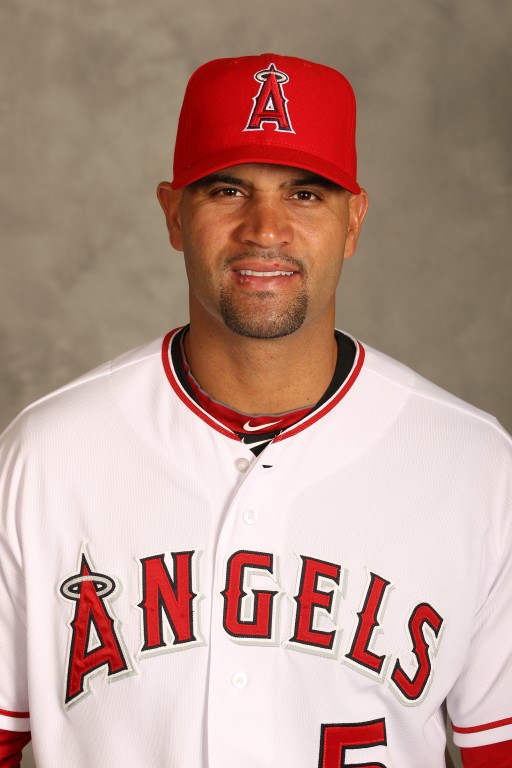
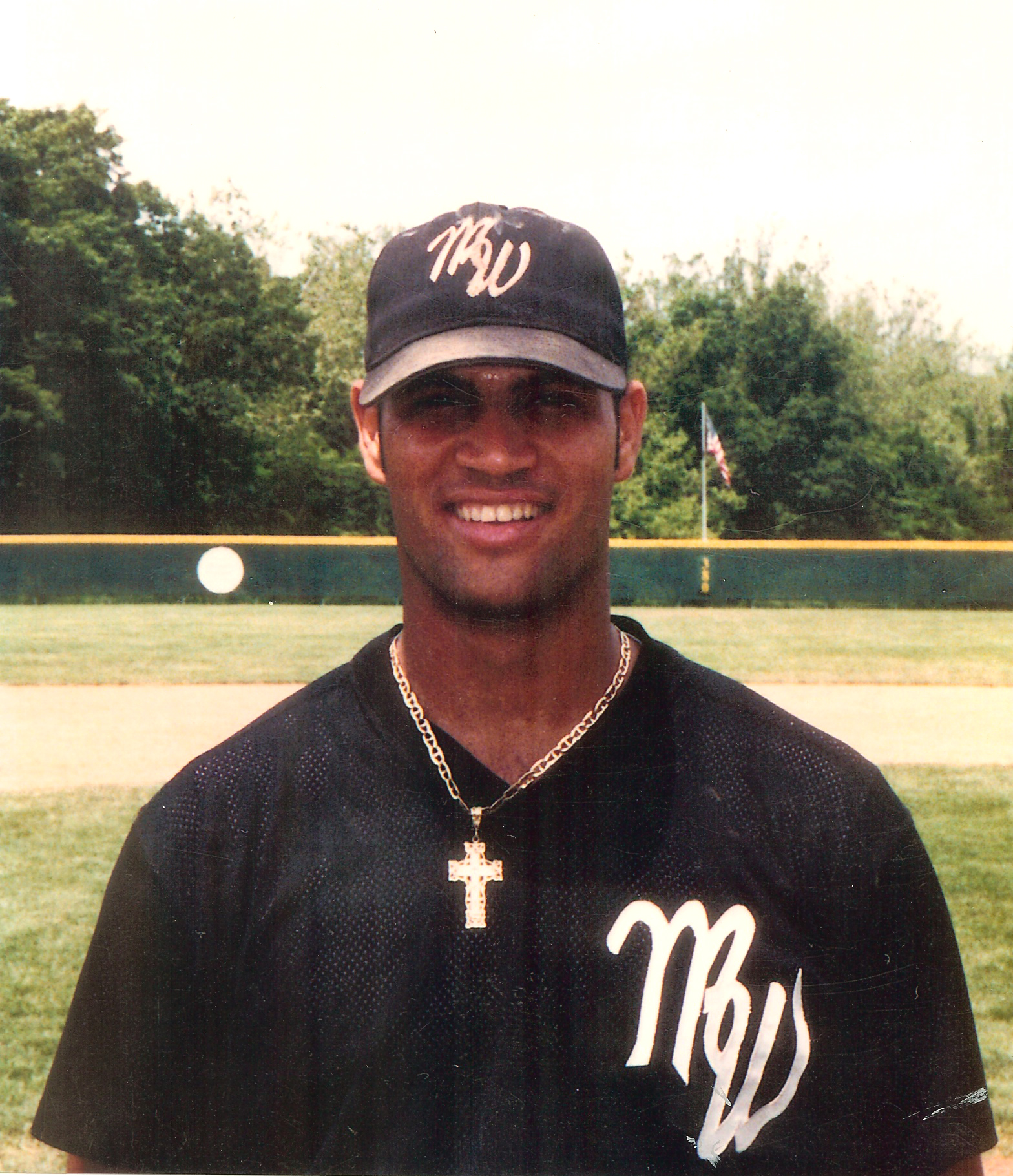
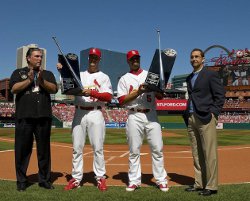





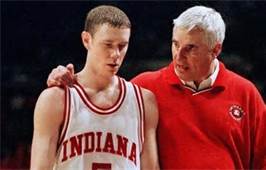

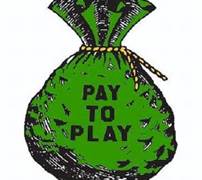
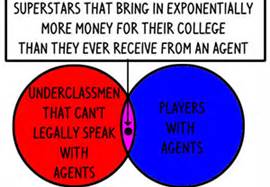
 There’s an
There’s an 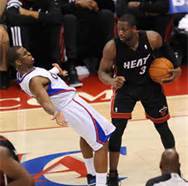 I wrote the other day about a
I wrote the other day about a